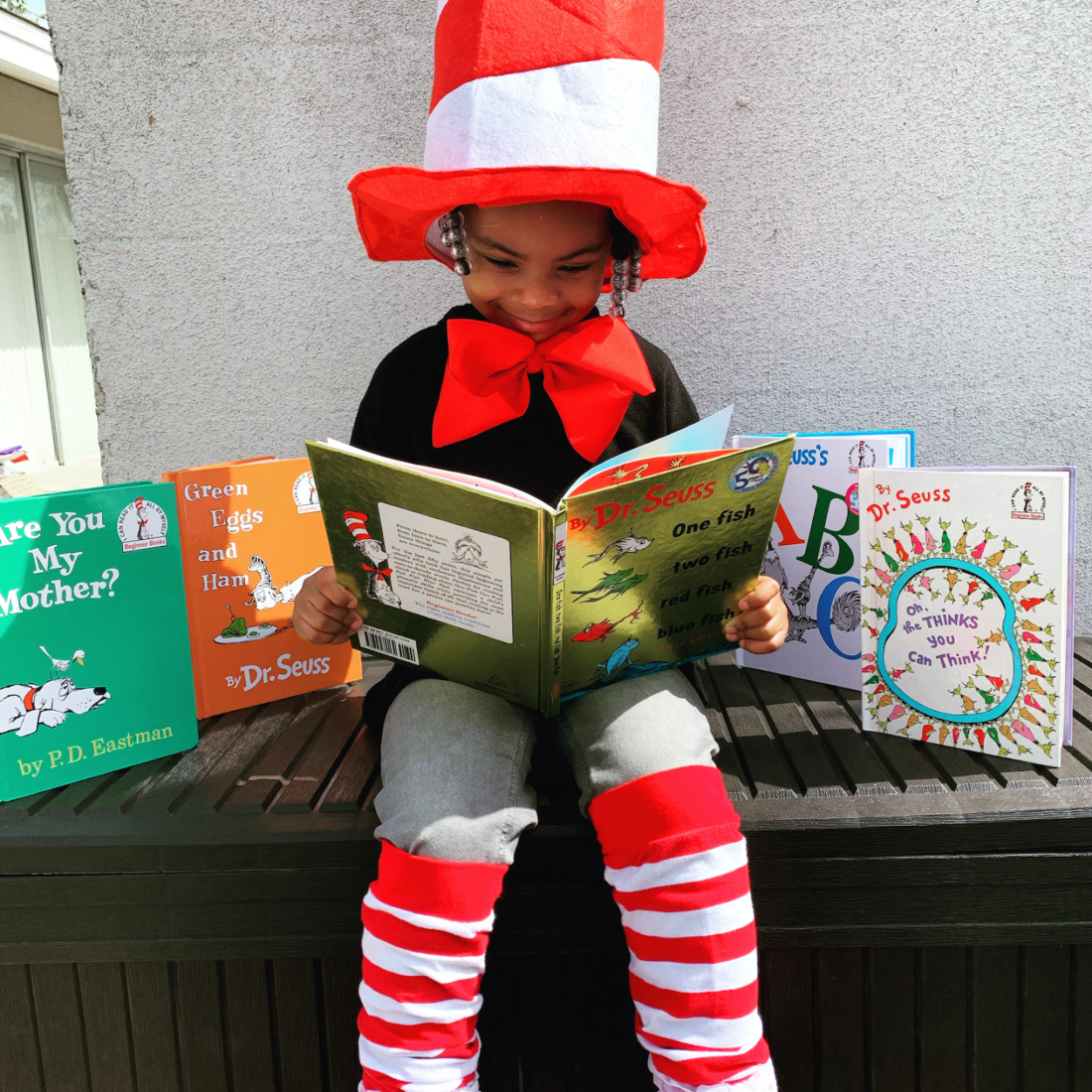According to experts, the average adult has a vocabulary in their native language of around 42,000 words. Typically, adults will learn, on average, 1 new word a day until they reach middle age. Vocabulary growth slows down in middle age.
For children, the vocabulary is smaller. According to resources, an 8-year-old child has a vocabulary size of around 10,000 words, which is a quarter the amount of the average adult. Knowing the right word to express your thoughts is a crucial element of effective communication. A broad vocabulary is not just something to boast about. It opens many opportunities in life.
Unfortunately, our vocabulary skills are shrinking. Results from the General Social Survey (GSS) show that Americans have a smaller vocabulary today than compared in 1974 when considering that more people are graduating from college now. With the decline of vocabulary, there are growing worries that opportunities for self-growth are also declining. So how can you support your child’s vocabulary skills?

#1. Travel more often
Traveling can help children experience new sensations and environments, which will encourage them to learn new words to describe them. India, for instance, is home to marvelous sights such as Champu Khangok, the floating village on a lake, and the double-decker living root bridges in the forest of Meghalaya. You can encourage them to keep a travel journal where they can explain their adventures.
#2. Introduce them to age-relevant books
Reading is the fastest way to improve one’s vocabulary. However, finding the right books for your child can be tricky. If you pick something too difficult, they will be discouraged. If it is too easy, they won’t progress at all. Organizations such as the Age of Learning are specifically designed to ensure children can receive the right books for their age and personal development stages.
Remember, children learn by imitating the adults around them. The more you read, the more your child will be tempted to read too.
#3. Don’t be afraid of watching foreign shows
Is TV an ally for vocabulary support? While many parents fear too much screen time could have a negative impact on their children’s vocabulary, the reality is different. Indeed, watching international films and dramas with subtitles can offer many advantages:
- The core vocabulary changes in each culture; therefore, your child will be exposed to a new passive vocabulary.
- Subtitles require reading, which means children can pick up new forms and their spelling.
- Children also gain a context for the vocabulary, so they are more confident using the words they’ve learned.

#4. Set up time for chatting
Often, the best way to learn and use new words is through a conversation. Making time to talk around the dinner table and share thoughts can help children’s vocabulary.
#5. Find a child’s writing class
With the help of a tutor, your child can learn how to use new words in a narrative. Writing classes are especially useful for primary school students who often struggle to organize their thoughts orally. If you feel your child is not a confident speaker or doesn’t speak much, writing could be the key for them to boost their confidence and their vocabulary.
In conclusion, a rich vocabulary is a skill that can serve your child throughout their life. Regardless of their career choices, having the words to convey their ideas can unlock many achievements. Hopefully, these few tips can help them increase their word knowledge.



